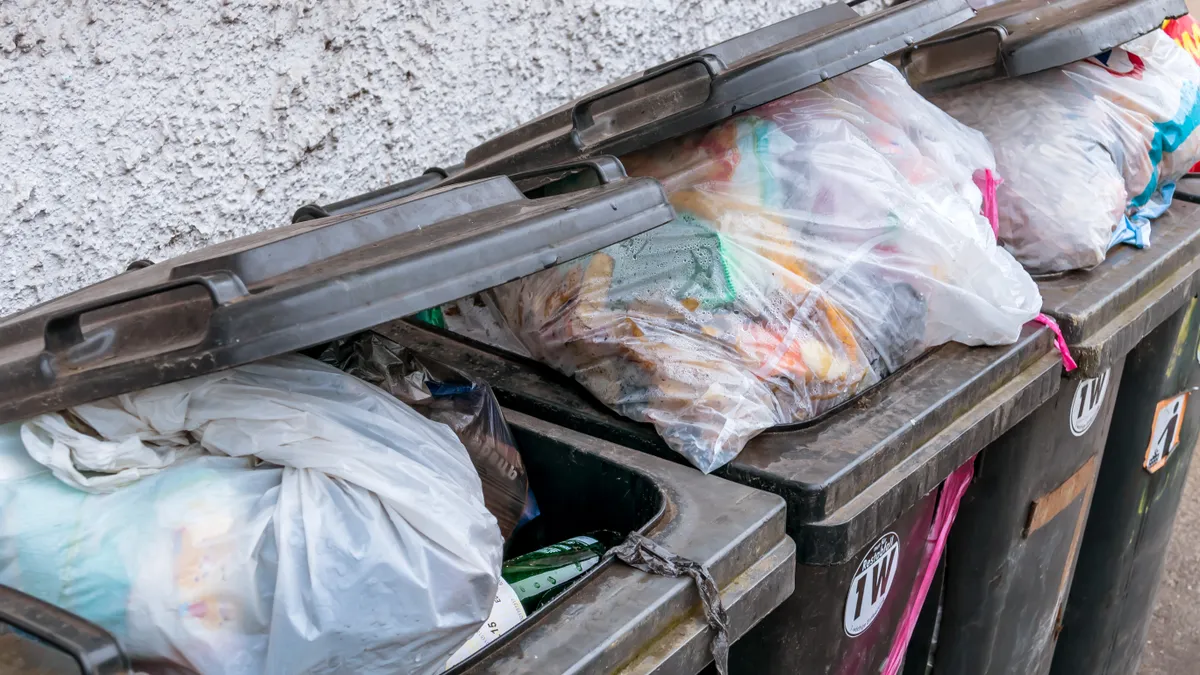UPDATE: Officials say that almost one year into its implementation, Orange County's new automated cart program is on the right track. While residents made 8,500 complaints during the first three months of the program, that number has dropped to less than 3,700 over the past eight months, as reported by the Orlando Sentinel.
"Everybody's adjusted now," said Jim Becker, manager of the solid waste division, told the Sentinel. "We're getting a huge number of customers picked up every week without incident, and we're seeing far fewer complaints. That's what we work for."
The city's decision to fine haulers for service issues seems to have helped. FCC Environmental Services had more than 2,400 complaints in January and less than 50 in November. Despite this progress, some residents still report issues with missed pickups and officials still report issues with contamination. Changing collection systems may be doable, but changing the dynamics of curbside recycling may not be so easy.
Dive Brief:
- Customer complaints about waste collection in Orange County, FL dropped for the fifth month in a row to 467 in June, as reported by the Orlando Sentinel.
- In January, the county switched to automated pickup and reduced collections from twice per week to once per week. This sparked more than 4,200 complaints during that first month as drivers adapted to the new routes and whole neighborhoods were sometimes skipped.
- The county started fining haulers for service issues in March. Coupled with resident education this has brought the amount of complaints back to what it was before automated collection, though officials hope to drive that number down even further.
Dive Insight:
County commissioners adopted this plan in July 2015 with the expectation of more than $8 million in annual savings. Residents in 205,000 households throughout unincorporated Orange County received two 95-gallon carts and are no longer allowed to use their own cans. A number of other counties and municipalities in Florida have already taken this approach and reported cost savings.
Another goal of the switch was to increase recycling rates. Orange County's 2015 diversion rate was 52% and officials say more education may be needed to increase that rate because residents have been putting ineligible items such as tires and rubber hoses in their blue carts. Coordinating special pick-ups for large items such as mattresses and furniture has also been a challenge.
Automated collection has become increasingly popular in recent years as a way to improve efficiency and reduce the potential for injuries. Baltimore recently adopted it and Portland, ME has been considering it this summer as well. As seen in Orange County, the transition period can be challenging for both haulers and customers which is something that should be anticipated for any other municipalities considering a switch.















